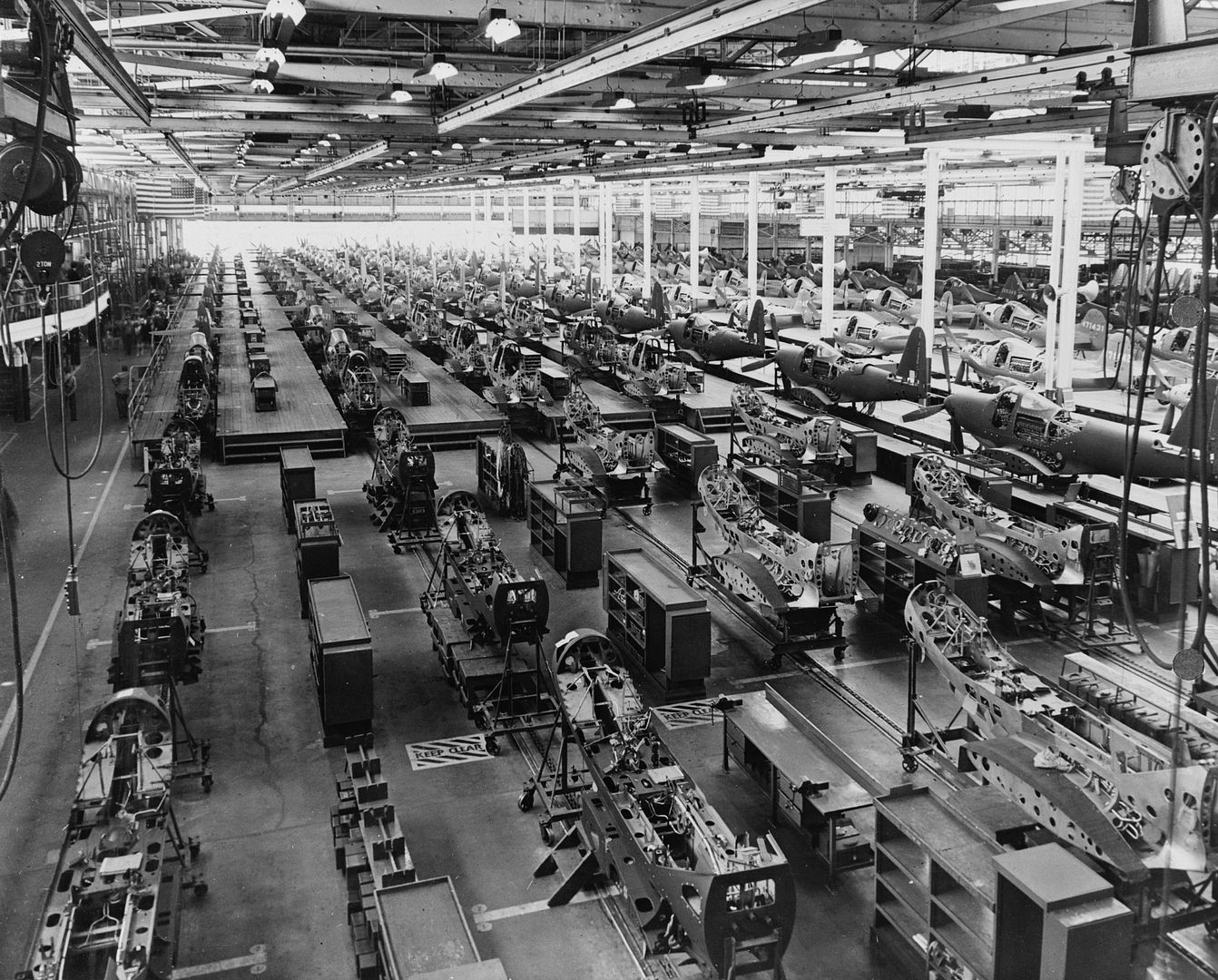 Tax cuts disguised as economic stimulus (i.e. deficit spending) by Republican administrations won’t do much to stimulate our economy anymore. Deficit spending in its intended form will. The cause is the neo-economy of the neo-conservatives. Tax cuts stimulate China’s economy. Deficit spending on infrastructure and American goods stimulates ours.
Tax cuts disguised as economic stimulus (i.e. deficit spending) by Republican administrations won’t do much to stimulate our economy anymore. Deficit spending in its intended form will. The cause is the neo-economy of the neo-conservatives. Tax cuts stimulate China’s economy. Deficit spending on infrastructure and American goods stimulates ours.
There was a time not too long ago when data on inventories was a leading economic indicator. It isn’t discussed a lot anymore. It really doesn’t portend so much for the American economy today. In those good old days, low inventories meant that orders were on the horizon and that meant firing up production in the United States, putting the un- and under-employed back to work. That was when the products being sold at retail were substantially domestically produced. Today, low inventories in the United States are good news overseas. The lag in and the magnitude of a response to economic stimuli have been compromised by globalization.
This means that if we want to have anything to show for all these deficits, after all the crying is over, we had best direct the spending toward something enduring, like infrastructure; something that puts the most Americans back on payrolls paying taxes. If we want to rely on supply side side-effects to revive the economy, just be aware that our supply side is turning into service at the retail counter. If supply side voodoo worked, it would be working in China and elsewhere and a lag would follow before it had any impact here.
While the multiplier effect of private spending is significantly greater than that of public spending, that result occurs in a closed system. The United States no longer qualifies as that microcosm; it may have only been so during early industrialization and then during World War II. There is no good method to measure how much of the private multiplier washes back to the United States (it probably still is 5, while public spending hovers at 1), but in a global environment most of that is absorbed as growth in the producing economies.
That is why tax cuts creating deficits are not as effective as deficit spending directed at infrastructure. Increasing the discretionary income in the American economy results in purchases of goods and services that do not add to the capital structure of the United States. In fact, an argument can be made that purchasing a service may result in a lower multiplier than public spending. After all, many services have no, or even a negative, residual value after they have been consumed (as in any black market, thus untaxed transaction).
At least when government builds a road (in the United States, not Afghanistan) or high speed rail, there is evidence of economic activity and a residual capital asset; a resource. Or when a bail-out of an American industry keeps production in the United States, there’s a chance that domestic purchases may cause an immediate ripple in our own economy. One of the wacko wing talk show hosts constantly argues that the wealthy need the tax cuts so that they can eat out and leave good tips to stimulate the economy. I would argue that that kind of transaction results in no better multiplier than public spending and less when they go un- or under-reported (which they often do).
But the voodoo-economists of the portray-a-patriot set are not invested in the United States. They are proudly invested in their own self-interests (a misrepresentation of Ayn Rand’s philosophy). And unfortunately (because I enjoy paying taxes as much as anyone) tax cuts (particularly for the wealthy) are going to stimulate the black market and overseas economies, not so much, America’s.

![[UPDATED with Official Announcement] Audio: VA Del. Dan Helmer Says He’s Running for Congress in the Newly Drawn VA07, Has “the endorsement of 40 [House of Delegates] colleagues”](https://bluevirginia.us/wp-content/uploads/2026/02/helmermontage.jpg)
















